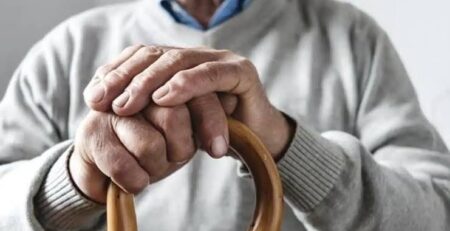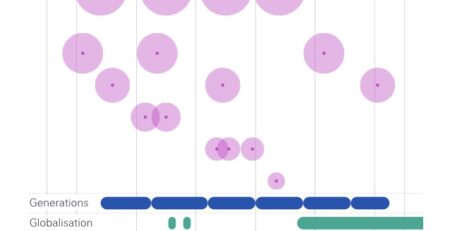Do Stereotypes About Older Workers Change? Evidence from a Panel Study Among Employers
By Hendrik P. van Dalen (Tilburg University) & Kene Henkens (Netherlands Interdisciplinary Demographic Institute)
Background: Stereotypies of older workers and their productive value are believed to contrast with their actual potential. Still, these stereotypes among employers persist.
Objective: This article examines whether managers have changed their views on older workers and if so what the driving forces are of these changes.
Methods: Using panel data we examine the changes in attitudes among Dutch managers about the productive skills of older workers (50 years and older) between 2010 and 2013.
Results: Managers have adjusted their view of older workers in a significant manner, especially about their so-called soft skills, like reliability and loyalty. Hard skills or qualities – like physical stamina, new tech skills and willingness to train – have not changed. Important drivers behind these changes are the age of the manager – the older the manager the more positive he or she is about older workers – and the experience with older workers in the past two years. Increase in the occurrence of problems with older workers tends to depress their assessment of soft and hard skills. Firm characteristics add little explanatory power.
Conclusions: Attitudes are not easily susceptible to change but this study shows that the biggest effects are to be expected from the process of aging itself: older managers tend to have a more positive assessment of the hard and soft skills of older workers.
Contributions: The main contribution to the scientific literature of this paper is to see in changes in attitudes of individual managers towards older workers over time and the underlying drivers of change.
Full Content: SSRN










